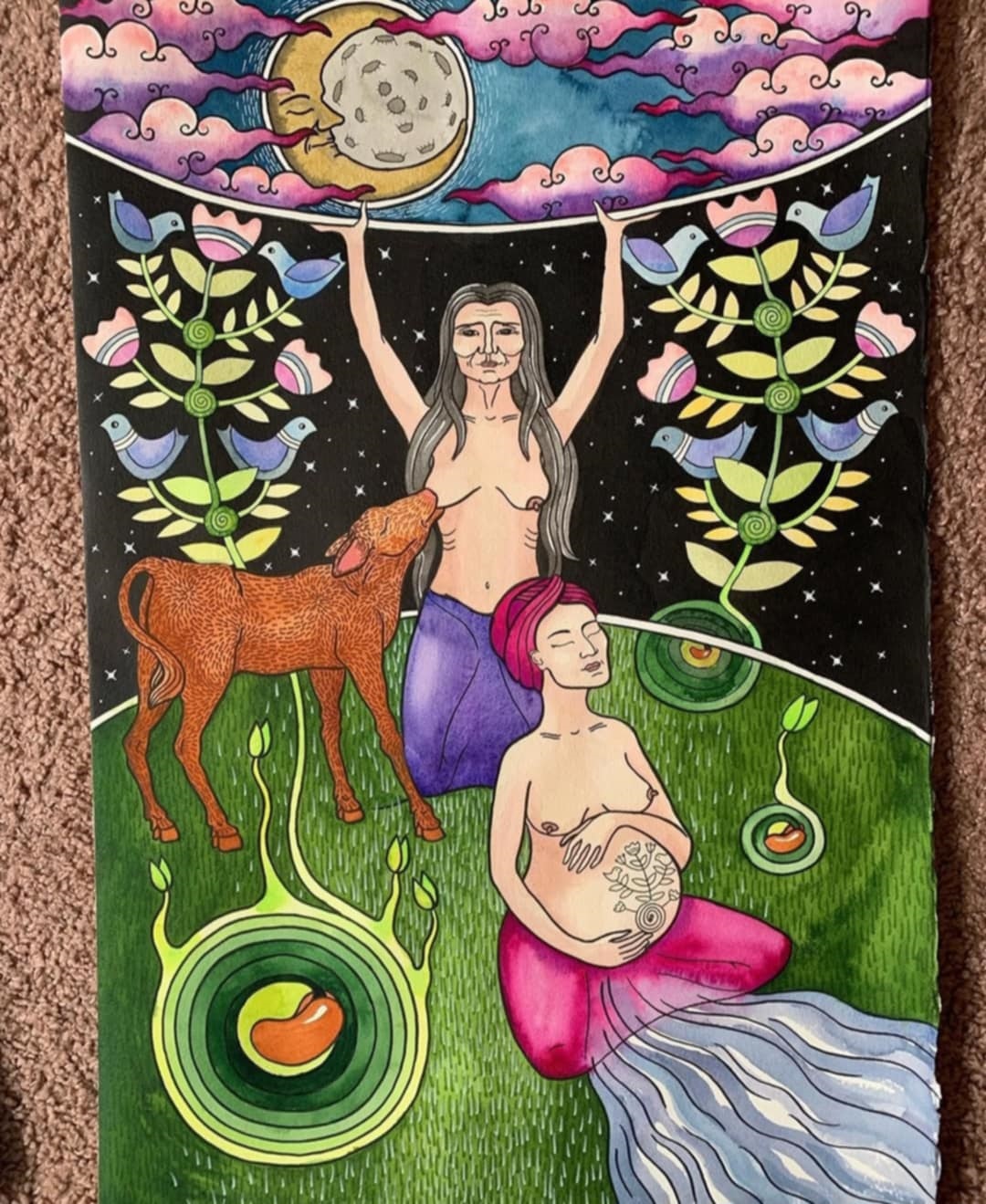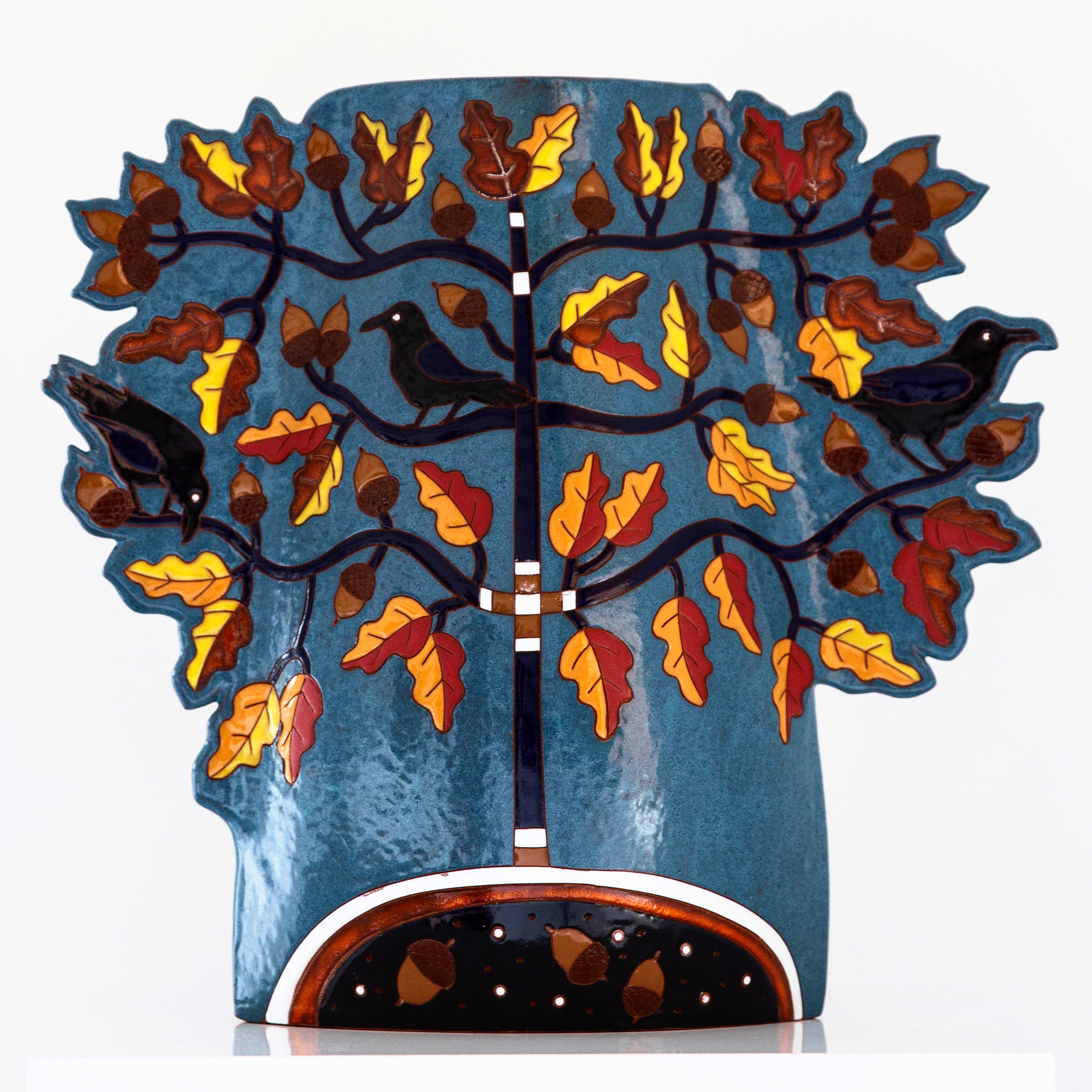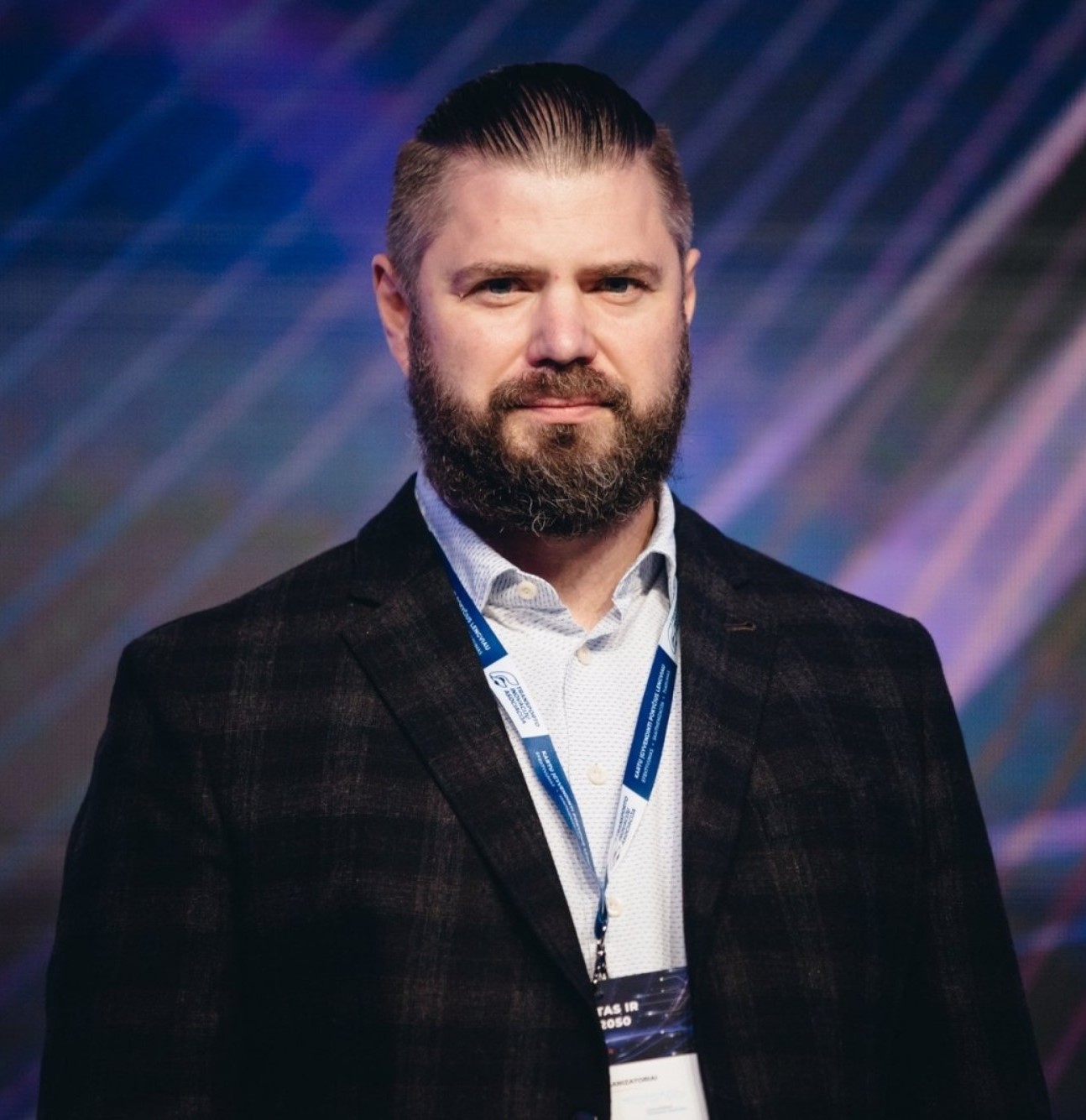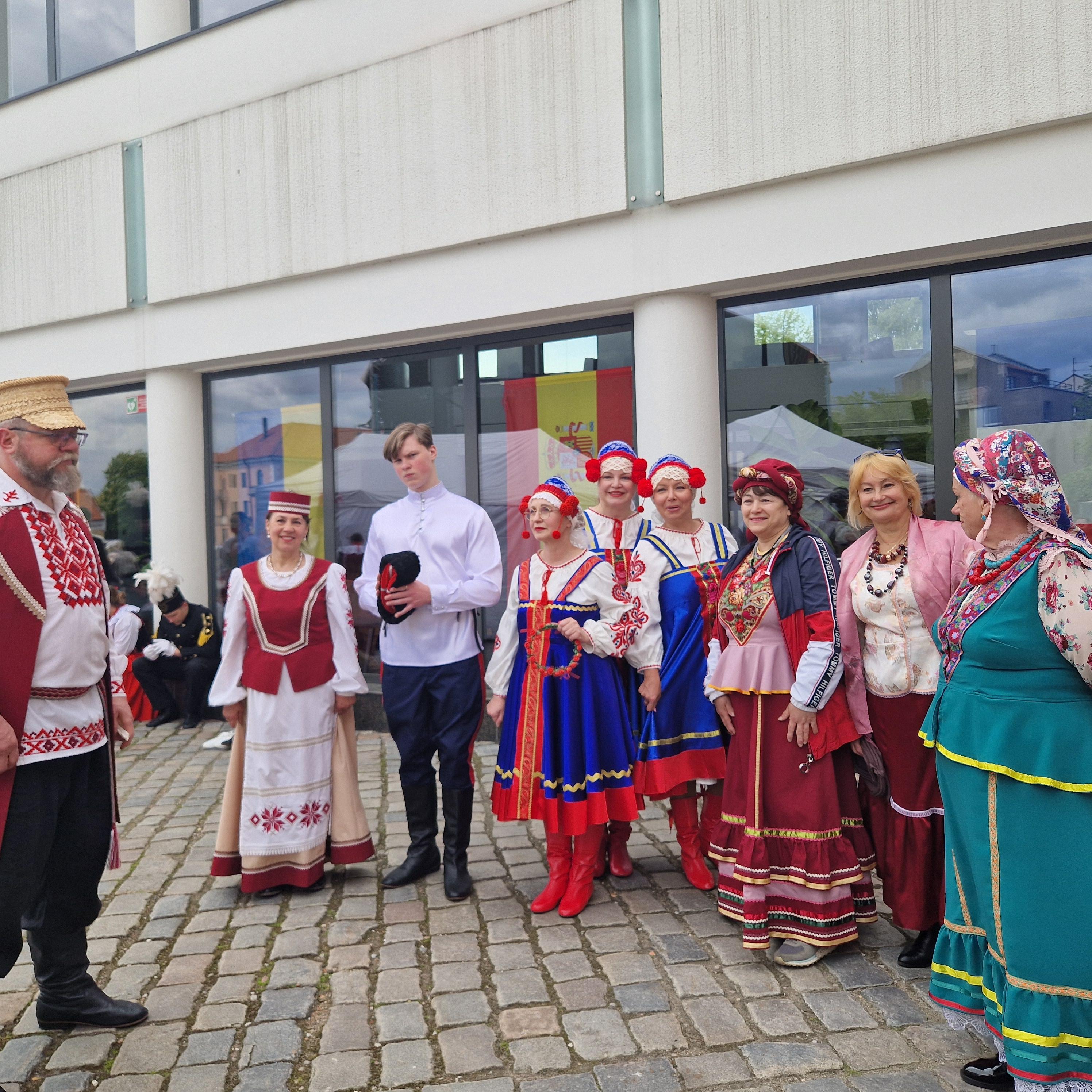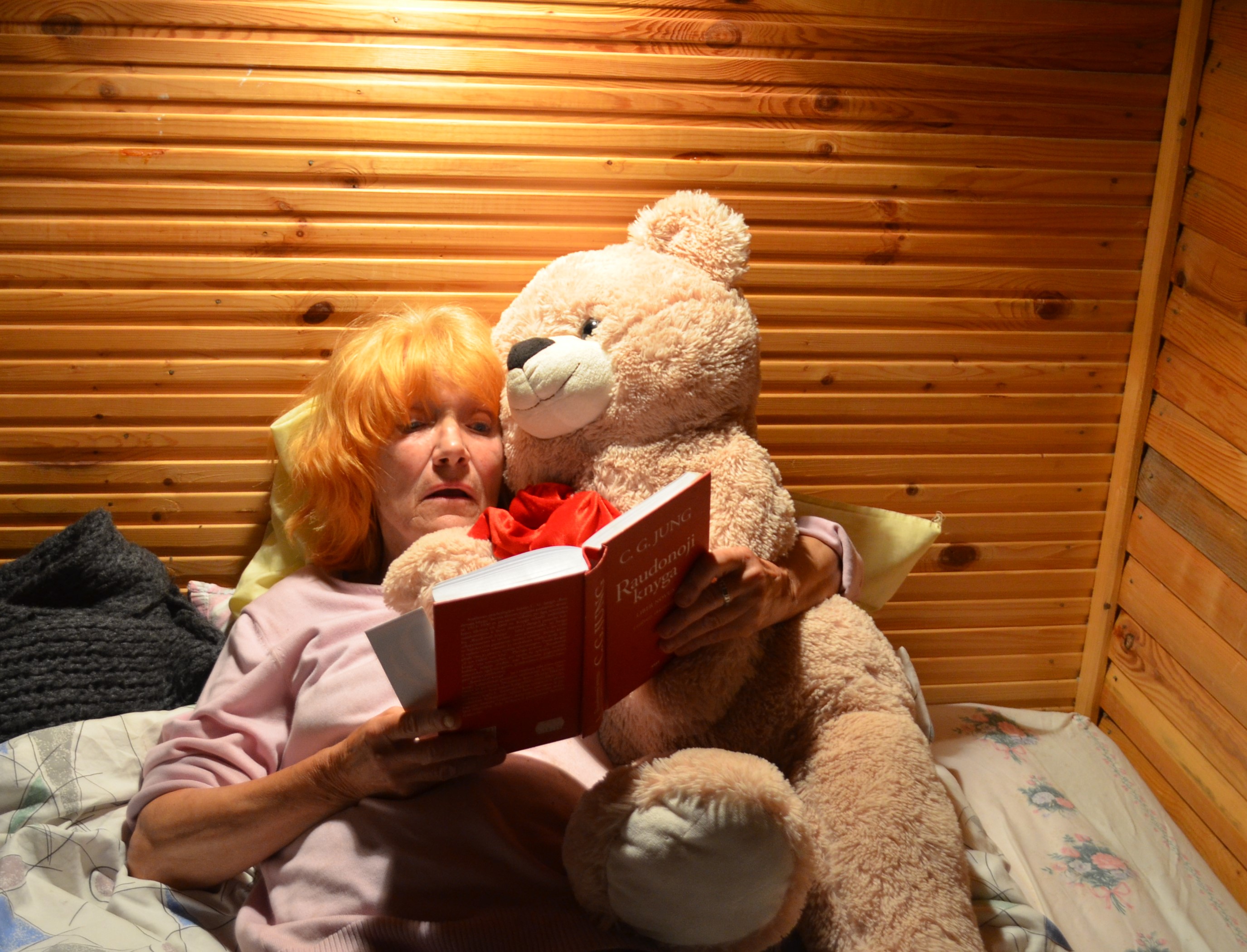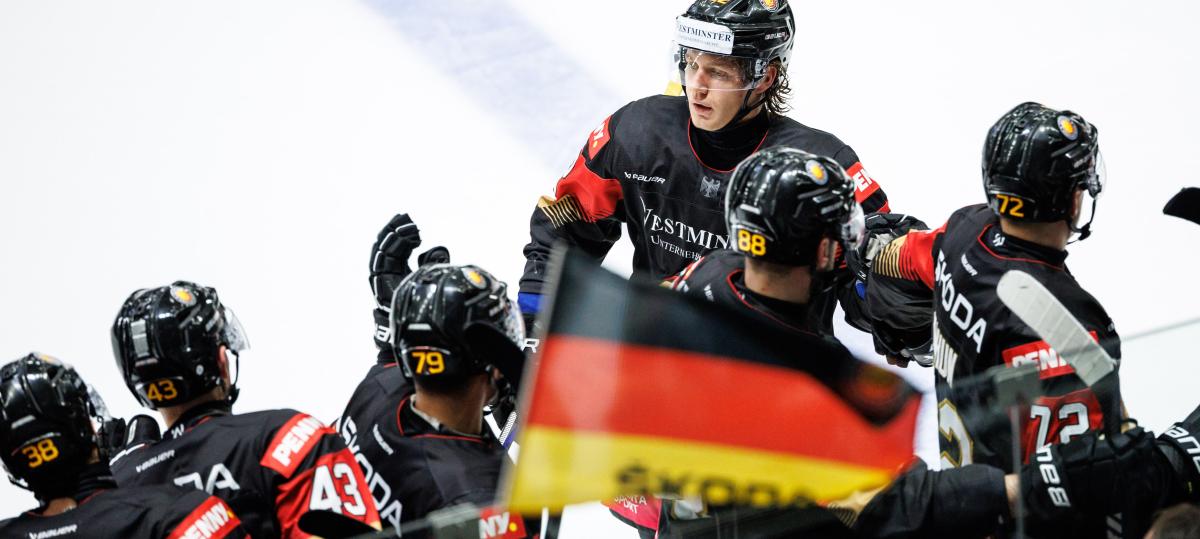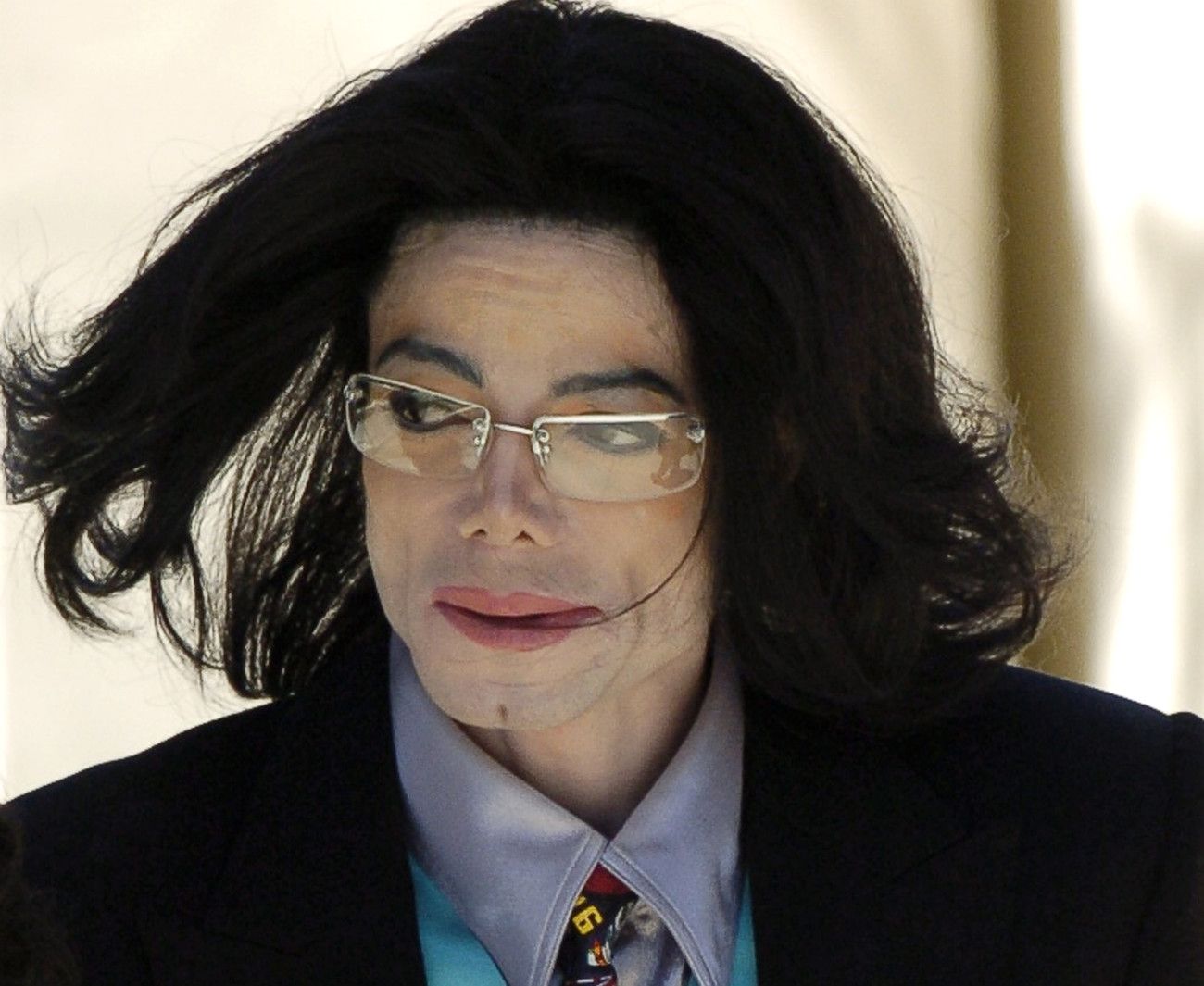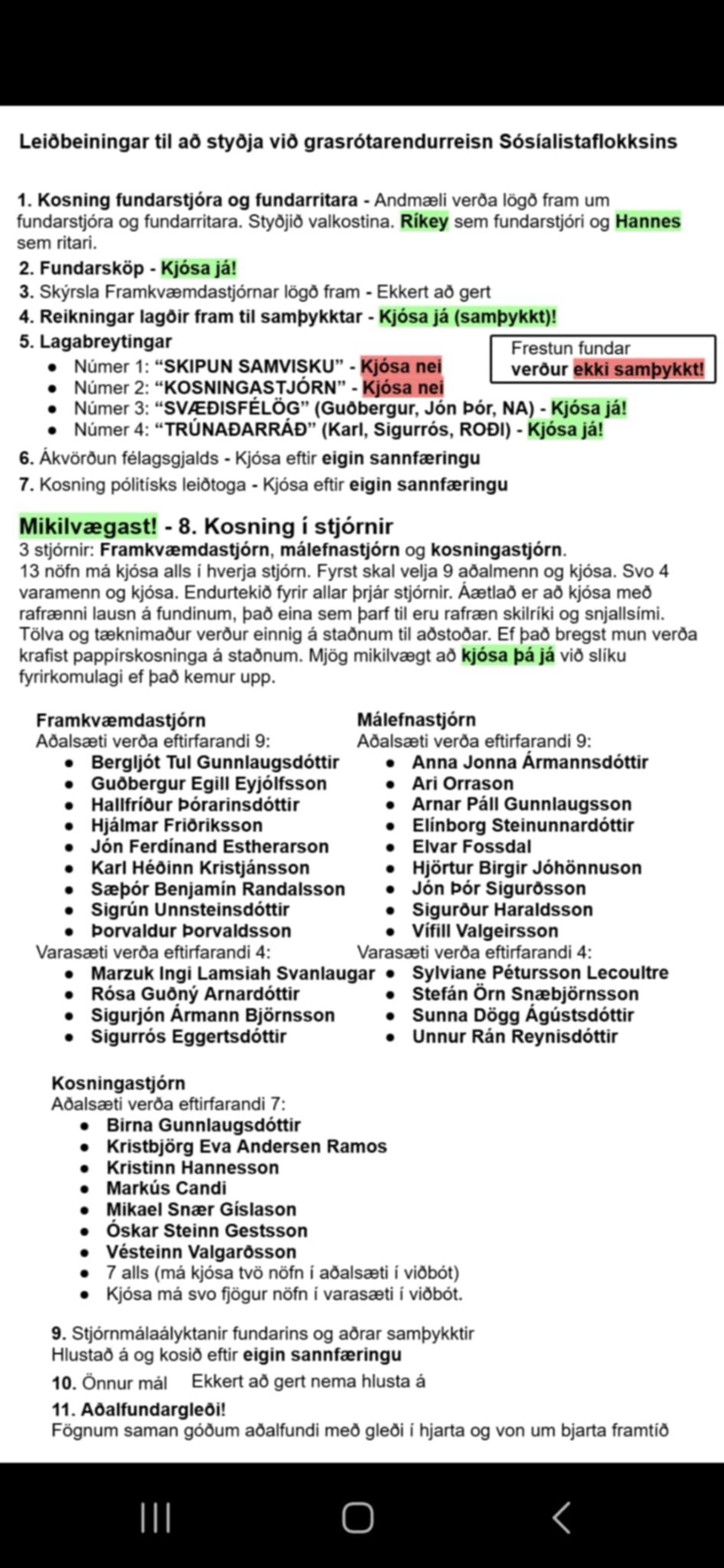I am currently dissolved in my children
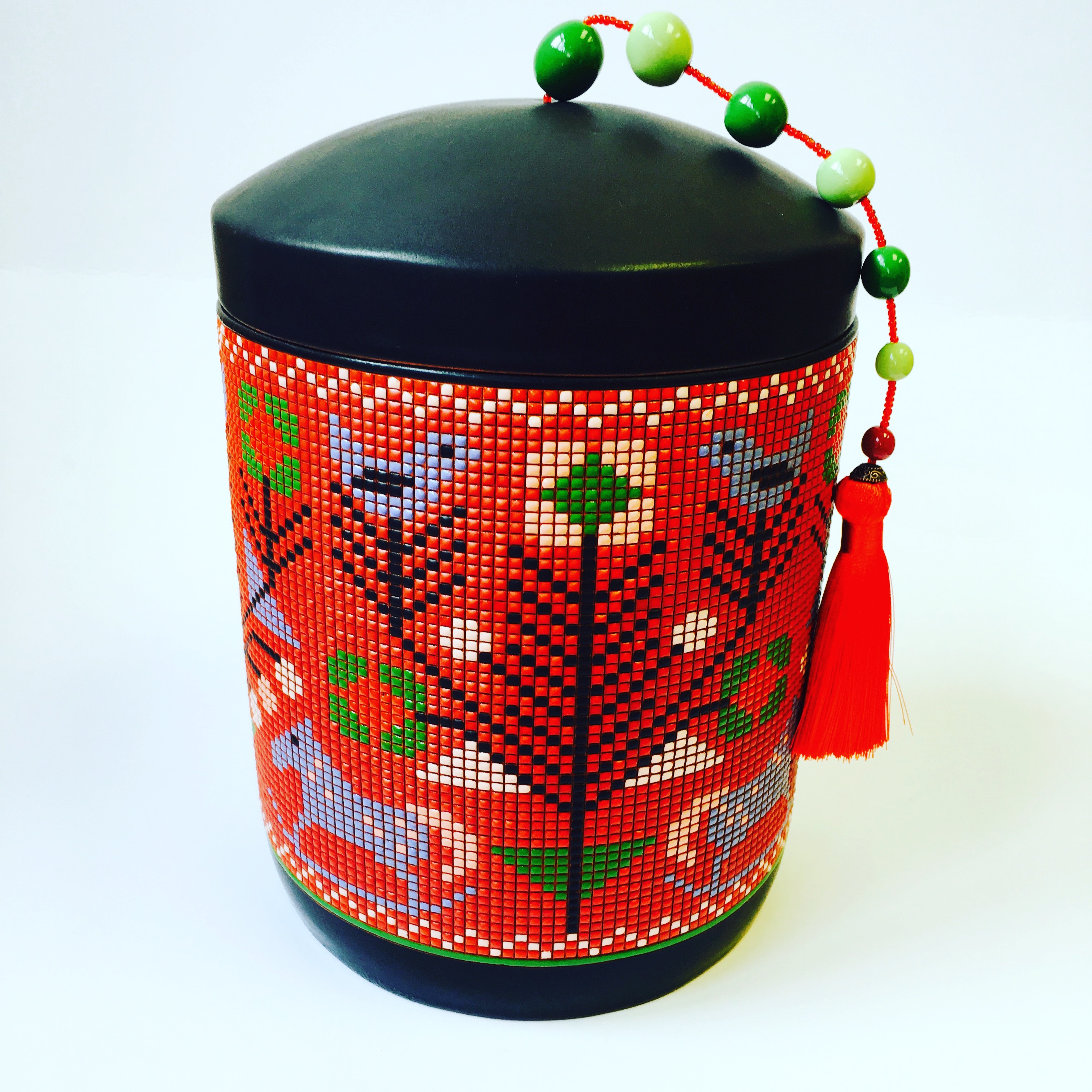
Emigration hardened
Ruth graduated from the Vilnius Academy of Arts with a Bachelor’s and Master’s degree in Ceramics, and then unexpectedly met an entrepreneur who persuaded a young woman to go to England together.
« Emigration was the most spontaneous and crazy thing I have ever done that I have no regrets. She gave me a lot of valuable lessons, matured self -esteem, allowed me to grow as an independent artist, » says a ceramicist who has spent nine years in England.
I had to pack books and stand at the sandwich line factory. It felt like a fly, falling into someone’s beard. But it was then that he realized that life is too short to spend days in disliked work. « Everything that is black is not bad because you can resist the bottom, » she smiles.
For years, Ruth decided to return to ceramics. Found a corner at a friend’s workshop, bought clay and started to stick.
« At first I didn’t have a furnace to burn them, so I just wanted to train my hand. But when a friend offered to buy an oven, everything became much more serious, » Ruth remembers the first year spent in England, after a while finding a non -profit organization to help young artists stand on their feet. He then rented the studio and had the conditions to create.
« A few years later, I liberated the language, and I started to understand the British more. All I had to do was find ways to realize the fruits of my work, » she says.
Other: ceramicist works are distinguished by bright colors, patterns of Lithuanian textiles, folklore, repetitive motif of the tree of life. / Photo by R. Bartkevičiūtė’s personal archive
Recognition opened many doors
He spent the first year when he could burn their products, driving under the folk artists’ fairs, which, as they say, participated in the grandmothers with their baked cupcakes. In despair, it began to think about how to break.
Noticed that all artists belong to some organizations. Targeted the best – Craft Potters Association. After becoming a member, many doors opened.
When they saw the works of Lithuania, people immediately said that their place was « Liberty » – in a luxurious art store that Ruth had never heard.
« One day I decided to look at it and saw that she was announcing an on -instagram for artists from various fields. There were about 10,000 participants with their work, I did not expect someone to notice, but eventually I became one of the winners of the Liberty Open Call. After receiving their letter, I even questioned my English knowledge. I ran to my friends to ask if I really realized that I had won, ”laughs Bartkevičiūtė, who has since started counting her success years.
Participated in many professional ceramic exhibitions and fairs. Four solo exhibitions abroad and Lithuania were organized. « I am a member of the Lithuanian Artists’ Union. My work has been exhibited together with the works of world -renowned painter Alan Davie at the Adventures In Colors Hertford Arts Hub. I represented Lithuanian young artists at the International Ceramic Biennial in Denmark. My works won Liberty London 2018. a competition in London, ”says the sweet fruit of success.
A new phase of life
Ruth has been living in Lithuania for six years. A former life friend remained in England. « I dreamed of children, family, and these things were intimidated. I decided to return to Lithuania and start a new phase of life, where another person suddenly appeared, » admits Bartkevičiūtė.
The Lithuanian stage began in Moletai. The first son Anupras was born here. Today, however, the artist has made the decision to live alone.
« Moletai has a homestead, friends. In the future, I promise to organize creative workshops, plein airs, camps – everything that is about creative work because I need it as a fish of water, » explains the creator, adding that working with clay growing two young children is too much luxury.
Instead, they started drawing therapeutic drawings that do not need so much time. Mostly they sit down when little Agilis sleeps in lunch and Anupras is in kindergarten.
Ruth promises to return to the ceramics as children grow up. « My heart yells – I will definitely come back, but now is not the time. At this stage of my life, I am a complete mommy, » sighs and admits that it is a daunting duties. « Children still need mom, they need a mom, so I have melted in them as if they have lost their creative identity. »
Turn: « I chose ceramic myself, and archetypal drawings chose me. I feel grateful to the universe that they come through me, » says Ruth. / Photo by R. Bartkevičiūtė’s personal archive
Important national values
Back in school, Ruth became interested in Baltic culture and its symbols. While studying, he noticed that English was becoming increasingly fashionable than his native.
« I thought that if the young people did not nurture our cultural heritage, it would just disappear. I already knew that my work would be Lithuanian. There was no way to lose nationality abroad: when I live in England, it just got stronger. Reflections, and one of the favorite symbols is the tree of life.
The artist likes not to define the purpose of his works. However, she created larger cylindrical dishes with a more fun urn, as she says.
« Why should the last journey of a person be sad, dark, gloomy, what are mostly urns? Based on my inner sense, death is a transformation. Therefore, for the exhibition, » Life (Full) Tree « I have created a series of bright urns that talk not about the end, but about continuity, » explains Ruth, decorating works with symbolic motifs.
The ceramicist does not want to put labels on her works. « Well, what my mind was about a urn. The viewer can think of what the purpose you want. If you don’t need a urn, say, even for your beloved puppy’s ashes, add cookies, » she laughs.
I am afraid that ceramics can only remain a hobby because it requires too much resources when raising children.
Did not fit abroad
Was it difficult to return to Lithuania after spending almost a decade in England? Not a bit. Everything Ruth turned out to be his own and familiar. It was much harder to adapt in England.
« It just seems that we are all Westerners, but in reality we are arrivals from Eastern Europe. Higher, Central, lower social classes are highly emphasized, and sometimes almost open text, » says Ruth, adding that English, albeit communicating people, do not let go of their lives.
« While living there, I felt discomfort. First of all because of the language. Obviously, I broke up, but I never spoke as freely as the people born there. Secondly, because of cultural differences. Even if I had gave birth to children in England, they would not feel full citizens of that country – maybe just a third time. »
She was a grain in a mixed Lithuanian family in England. Neither they know how to speak English or Lithuanian well. Ruth calls them trees without roots. A similar feeling was experienced when they returned to Lithuania for a short vacation. It seemed as if it had already been out of here, and in England it was still not. « Orphan’s syndrome, » finds the exact description of his feelings and is glad that as soon as he decided to return to his homeland, everything started to come in itself.
I was fascinated by therapeutic drawings
Since Ruth is the most important motherhood at the moment, it is looking for other ways for her artistic expression. One of them is therapeutic drawings.
« I call my drawings archetypal. I discovered them through an interesting woman, Caroline Myss, who lectures on self -education. – says Ruth, about C. Myss, after learning from the book « The Saint Treaties ».
According to her, the book helped to look at the relationship with people differently, to understand that with everyone who came into her life, she seems to have a contract that describes what lessons she must learn.
After reading this book, Ruth began to come up with images of archetypes, which MSS distinguishes as much as 80. « I close my eyes, see and rush to draw. I laugh that I chose the ceramic myself and the archetypal drawings chose me. I feel grateful that they come through me. to know.
When asked if it is unfortunate to leave the ceramic aside, Ruth laughs that it is the most risky artist. « We remove the work ordered out of the ceramic furnace, and there it seems like I did everything and did not succeed. Here is such a deep, nuanced science that his secrets can learn for life and not yet learn, » the ceramicist talks about his professional field.
Photo by R. Bartkevičiūtė’s personal archive
Motherhood changed
Ruth is very fond of watching her son’s characters. Anupras, says, is a complete engineer – creativity goes well with technicality. Guess, there will be a target.
The young man Agilis is an artist and an orator. Climbs on the cabinet, gesticulates and explains something. He needs a stage and people, and Anupras is solitary. When something interesting works – you can’t hear anything, you completely dive into yourself.
Has motherhood changed the artist’s personality? Undoubtedly. While raising children, the ceramicist became more disciplined and stricter. « After all, it takes a lot of smart strategies to control them, » she smiles and waits for her to breathe briefly from everyday life again and leave for like -minded people.
« In Moletai, I have like my tribe – women’s circles, where we do not talk about household problems, and we listen to lectures on consciousness, we do various spiritual practices, » says R. Bartkevičiūtė.
Currently, the woman is very interested in the so -called Chose Silva method. These are the author of unconventional methodologies for human intelligence, the development of the mind. The American method is a research -based mind control system that allows you to discover your brain potential.
« At the moment I don’t have a loved one nearby. Sometimes it is more difficult, sometimes easier. Ch. Silva’s method helps me survive difficult moments, » says the interlocutor, who dreams of creating new work, organizing a new exhibition.

